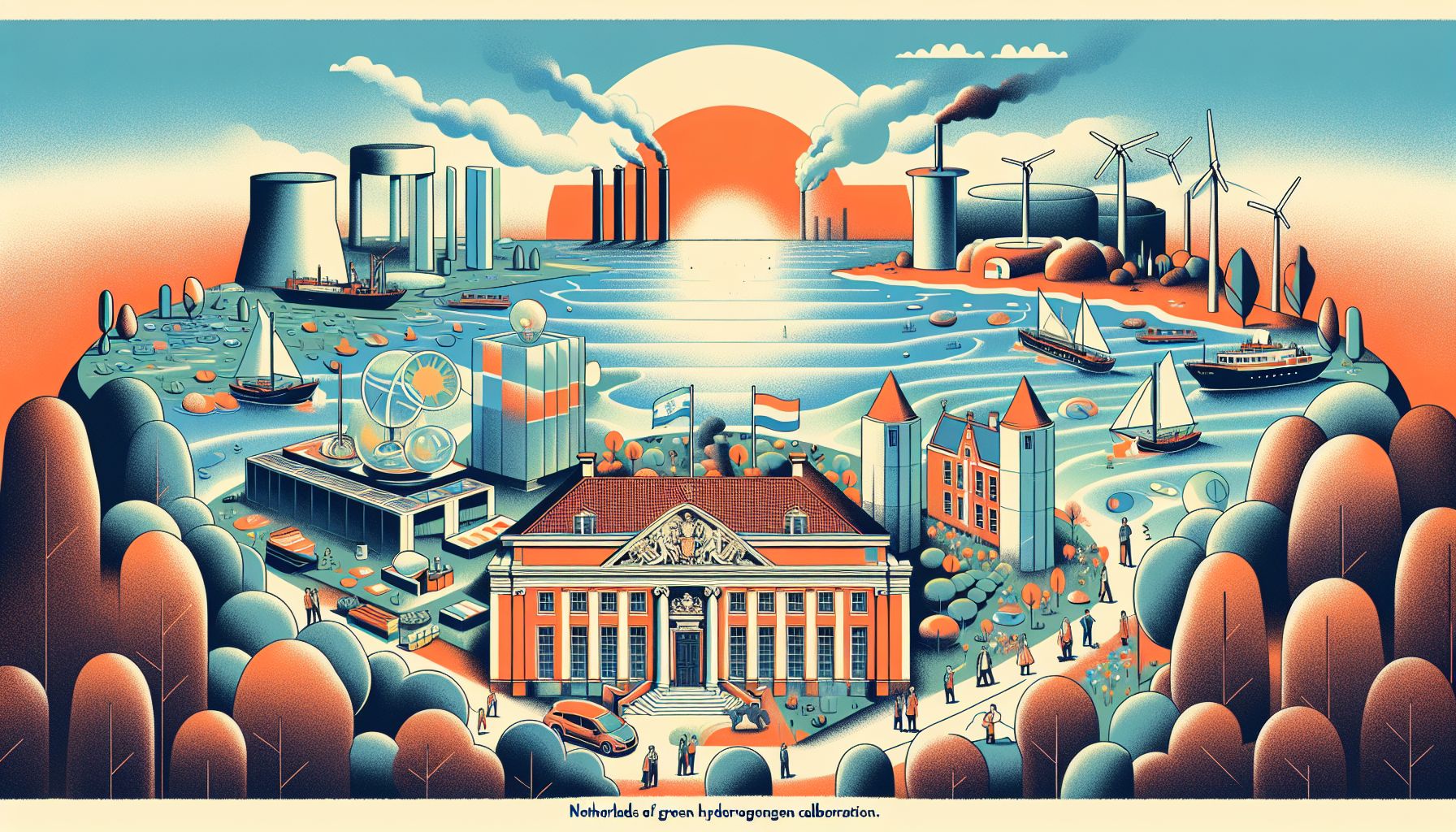Netherlands and India Advance Green Hydrogen Collaboration

New Delhi, Thursday, 3 April 2025.
The Netherlands and India are deepening their partnership in green hydrogen, focusing on research, innovation, and talent exchange to advance the clean energy transition and achieve sustainability goals.
Strategic Partnership Development
Last week, on March 27, 2025, a significant stakeholder consultation on green hydrogen took place, hosted by India’s Department of Science & Technology (DST). The event brought together key figures including Dutch Ambassador Marisa Gerards, Economic Department representative Paulina Chromik, and Innovation Network’s Dhoya Snijders, alongside representatives from the University of Groningen [1]. This consultation builds upon existing cooperation frameworks between the two nations and demonstrates their commitment to advancing sustainable energy solutions.
Infrastructure and Investment Context
This Indo-Dutch collaboration gains particular significance against the backdrop of major European green hydrogen developments. In the Netherlands, substantial infrastructure projects are already underway, with the NortH2 initiative aiming to create Europe’s largest offshore wind-to-hydrogen system. This project is designed to scale up from 1GW in 2027 to 4GW by 2030, with potential expansion to exceed 10GW by 2040 [3]. The Dutch gas infrastructure company Gasunie has committed €12 billion for energy infrastructure development by 2030, with a significant portion dedicated to sustainable gases including hydrogen [4].
Future Milestones and Events
The collaboration has established clear upcoming milestones, including participation in the World Hydrogen Summit & Exhibition in Rotterdam (May 2025) and a dedicated Innovation Mission planned for September 2025 [1]. These events will facilitate further knowledge exchange and partnership development between the two nations. The timing aligns strategically with broader European initiatives in sustainable energy development, as exemplified by various ongoing projects focused on reducing environmental impact across the solar and hydrogen value chains [2].
Economic and Environmental Impact
The partnership between India and the Netherlands represents a significant step toward achieving global sustainability goals. For reference, similar large-scale green hydrogen initiatives in Europe have demonstrated substantial environmental impact potential. For instance, the MadoquaPower2X project in Portugal aims to reduce CO₂ emissions by 450,000 tonnes annually through its 500 MW electrolyser facility [7]. While specific targets for the Indo-Dutch collaboration are yet to be announced [alert! ‘specific emission reduction targets not provided in sources’], the partnership is expected to contribute significantly to both countries’ clean energy transitions.

